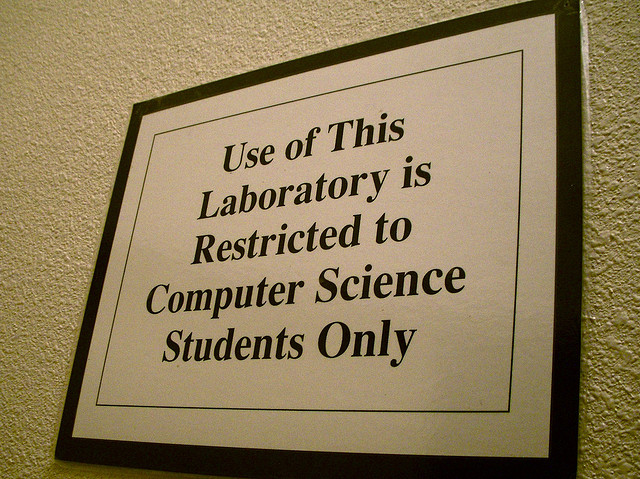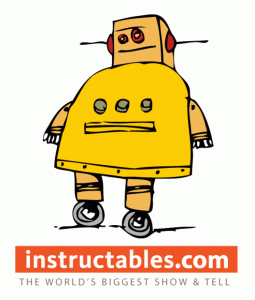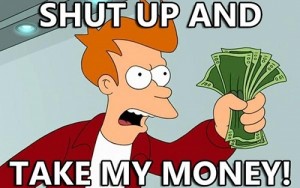I have had the opportunity to take coursework specifically examining the sociology of education and the assumptions educators may have. That course looked critically at the politics of teaching and has stayed with me over the years. My research for that course focused on ability grouping, students with disabilities and socio-economic status (SES) effects; though I would not claim to have a deep knowledge of those subjects.
When we accept that teaching is political by nature and begin to examine privilege and the hidden curriculum, the digital divide should come as no surprise. Consistently disadvantaged groups, like low SES students, will continue to face barriers to technology use (Hicks & Turner, 2013). I also believe using connectivity as a measure of the digital divide does not recognize the complex relationships learners, educators and communities have with technology utilization (Digital divide, n.d.; J. Hengstler, personal communication, September 18, 2014).
I have had the opportunity to work with students who are taking blended or online courses for the first time, many of whom are nervous about their lack of comfort using technology. Occasionally my department will help walk a student through copying and pasting from a word processing program to another document, or give one-on-one tailored orientations to the learning management system. It is for those reasons I realize that connectivity is one thing, but effective use is completely different. I also realize for the handful of students we see, there are many, many others we do not see who need support using technology.
I believe that the digital divide in the context of Aboriginal perspectives and Indigenous ways of knowing is particularly challenging. I would not want to embark on a social media project with Aboriginal students without first seeking support from someone with a greater understanding of the culture and language, in order to be as respectful as possible to their context.
References
Digital divide. (n.d.). Retrieved September 16, 2014 from Wikipedia: http://en.wikipedia.org/wiki/Digital_divide
Hicks, T., & Turner, K. H. (2013). No longer a luxury: Digital literacy can’t wait. English Journal, 102(6). Retrieved from http://www.ncte.org/library/NCTEFiles/Resources/Journals/EJ/1026-jul2013/EJ1026Longer.pdf



